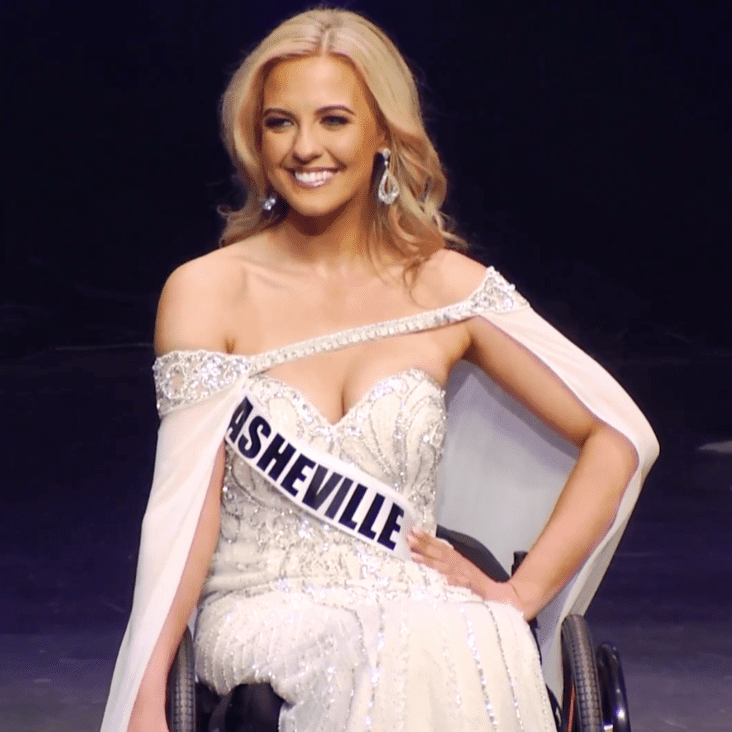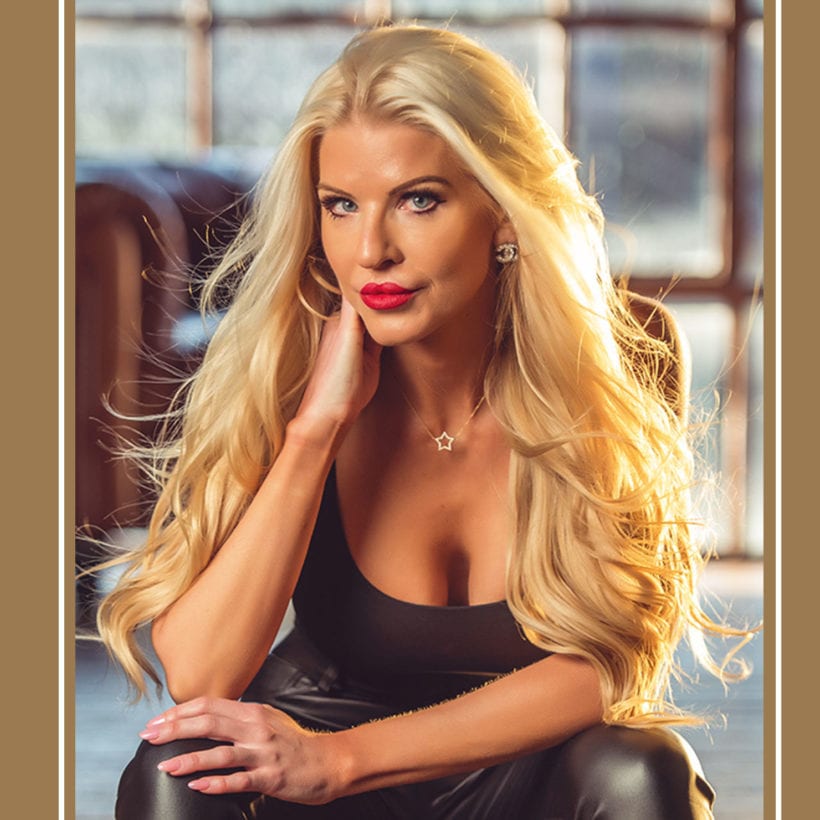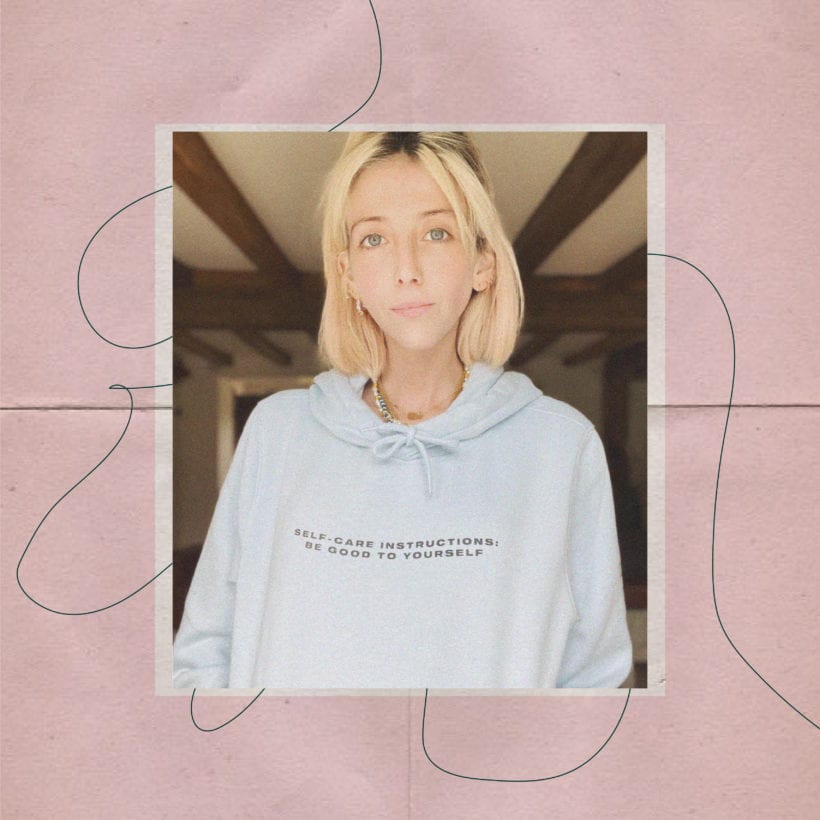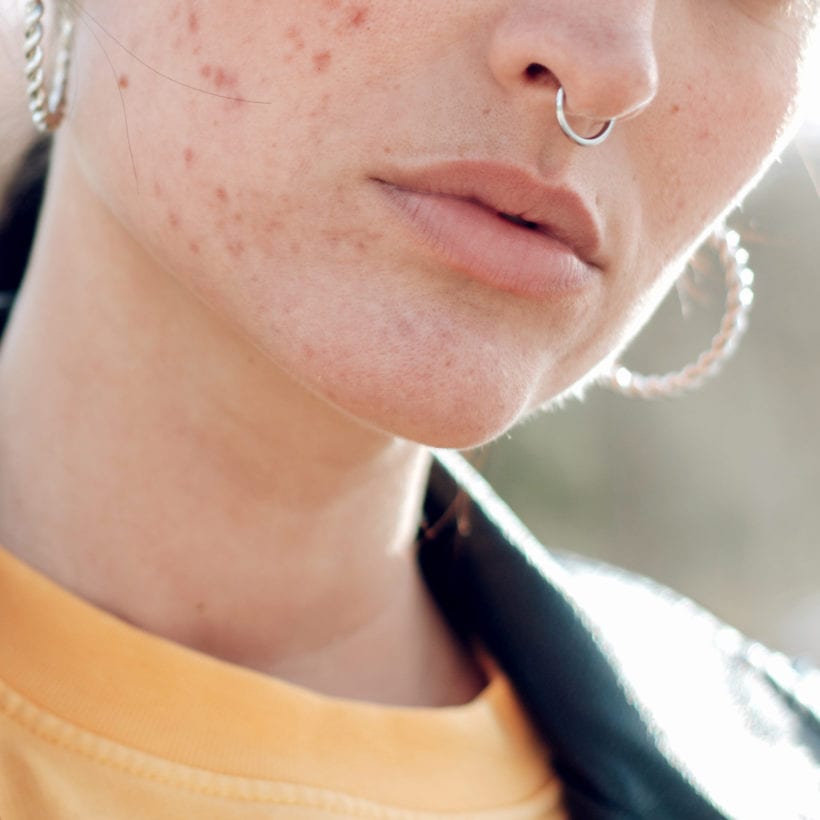In February of this year, The BodCon became the first-ever virtual conference to focus on body confidence and self-acceptance. The BodCon is hosted in partnership with Shine Influencers, the talent management agency co-founded by Jess Hunichen and Emily Ward, and intimates brand, Knix. While the concepts of body neutrality and body positivity are hardly new, the event’s reception further proves that the acceptance of all bodies isn’t a feeling, but a growing movement.
With the realization that a one-day event was just the beginning, Shine Influencers have launched a podcast, fittingly named, The BodPod. Starting April 12th, the weekly podcast will dive deeper into people, brands and topics that are making a difference in the way we see and talk about our bodies. “We decided to launch The BodPod weekly podcast along with The BodCon MOVES and The BodCon TALKS event and panel series to give our community a chance to connect, learn and be heard throughout the entire year,” Ward said.
To celebrate the launch of the podcast and the important conversations it’s bringing to the table, here we spoke with four of The BodCon speakers — Alicia McCarvell, Allison E. Lang, Mina Gerges, and Alex Dacy, about their own experiences with body confidence and self-acceptance. And spoiler alert: you can catch Mina and Alicia on BodPod episodes now.
Alicia McCarvell
Alicia McCarvell engages her 1.7 million TikTok followers (and over 273,000 on Instagram), in conversations around body image, worth, and self-love. Her videos often feature her husband and the pair is laugh-out-loud funny (check out this one featuring a rotten slushie drink). Their relationship has been criticized because she is plus size and her husband is not.
Sunday Edit: What are some of the subtle (and not so subtle) ways people express their surprise/disapproval of the fact that you are plus-sized and your husband is not?
Alicia McCarvell: It can be remarks like, “He’s your husband?” or “You must be rich!”
There have been in-person interactions where women hit on my husband while I’m holding his hand. We’ve had women slide into his DMs asking how he could possibly be happy with me or telling him he’d be happier with a thinner woman, or a woman that loves the gym. I’ve learned something about these interactions; everyone is in a different place with their journey of self-worth. I used to devalue myself because of my size, and in the grand scheme of things, that’s the exact same thing as these women in his DMs over-valuing themselves because of their thin size. Our value isn’t attached to how we look, or how society perceives us. Our value is attached to who you are and what you put into this world and I know my worth, and I know that I am irreplaceable to my husband.
SE: Can you talk a little about your ‘Love Me’ journal and how that’s helped you get more confident?
AM: My ‘Love Me’ journal was a notebook I bought at the Dollar store. I challenged myself to write something I loved about myself, every day. It was the hardest and most rewarding thing I have ever done. Some days it took minutes to think of things and other days it took hours, but every day it got easier. I ended up with a journal filled with things about myself that were amazing, things that I had allowed to live in the shadow of my weight for far too long.
This journal taught me two important things.
- Who I am, is not my body. By separating the things I liked about myself from the thing I was having a hard time accepting, I realized that my body was the least interesting thing about me.
- I may not have liked my body but I couldn’t be who I am without it. When I placed value on the things that mattered it taught me to respect my body because, without it, I was nothing.
SE: Can you describe the differences between body positive and body neutral?
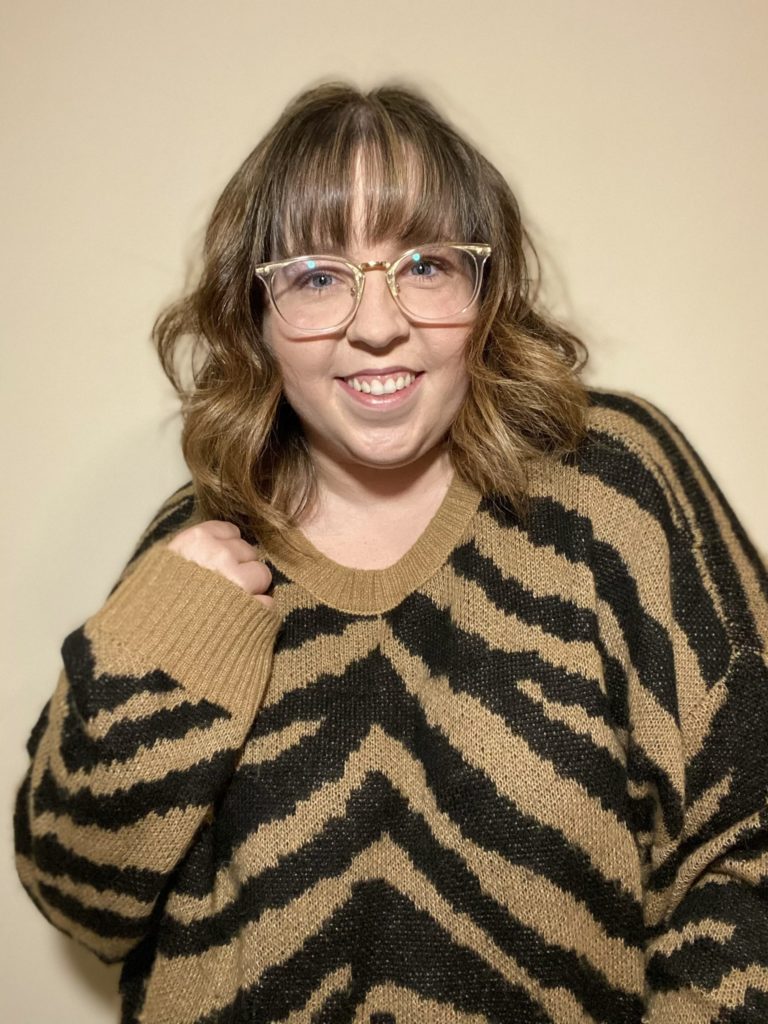
AM: I think the biggest confusion around being body positive vs. body neutral is the idea that you can’t be both. Being body positive means that all bodies are beautiful, equal and all deserving. Being body neutral recognizes the idea that you don’t have to love everything about your body, and that your body just is. I think during my self-love journey I have been both, body positive and body neutral.
There are days when I wake up, and I’m the most beautiful woman on the planet and then others where I struggle — and the days I struggle, body neutrality allows me to feel what I’m feeling, still respect my body, and move on.
SE: Why do you think you were able to connect with so many on TikTok?
AM: When my first video went viral, it was just as the pandemic was taking over our lives. People were looking for somewhere to go, to laugh, feel good and I think I became that place for a lot of them. I also believe a lot of people (my generation specifically) are also tired of consuming media and content that makes them feel inadequate. When I chose the direction for my platform, I wanted it to be unedited and authentic for that reason. I like to believe that people are looking for content that makes them feel better about their own lives, content that makes them feel good about who they are, and I hope that I do that for my followers!
SE: Why was it important to you to be a part of The BodCon?
AM: It aligns so well with who I am, what I want to put into the world and it was the first of its kind. Self-love and body confidence is something every human being on this planet struggles with. To have a conference focused on bringing all different bodies together to emphasize their worth is something I knew I wanted to be a part of. It’s the beginning of something big.
SE: What would you say to someone who is having trouble feeling comfortable in their body? Any tangible practices or tips?
AM: Absolutely, I have five that are important to me:
Start a ‘Love me’ journal. Start separating who you are from your body. When you’re having trouble loving/liking your body, it’s easy to forget about everything else that is amazing about who you are. By writing down the things that you are proud of you can shift your focus from your body to yourself as a whole. It becomes a lot easier to respect your body when you realize you couldn’t be who you are without it.
Change your inner dialogue. Talk to yourself like you’re your best friend. We give such good advice to others, yet we bring ourselves down. It’s so important that you don’t accept anything for yourself that you wouldn’t accept for the most important person in your life.
Separate exercise from weight loss. Moving my body in ways that I love and that make me feel good has given me so much confidence in my body. When I learned that there are other reasons to move than to lose weight, I realized how resilient my body was, and how strong it could be.
Define your relationship with clothing. Clothes are meant to fit your body, not the other way around. Clothes are meant to emphasize who you are and they are meant to make you feel good – if they don’t, you need new clothes.
Detox your social media! Get rid of anyone who you follow that makes you feel inadequate. You’re in control of your online world, and who you follow plays a HUGE part in how you feel about yourself.
Allison E. Lang
Allison E. Lang is an athlete, a solo traveler (she’s backpacked 29 countries with a goal of hitting 30 before she turns 30), an educator, and an advocate for body inclusivity. Born missing the lower half of her left leg, Allison still participates in soccer, snowboarding, and she’s a member of Team Canada’s Sitting Volleyball Team.
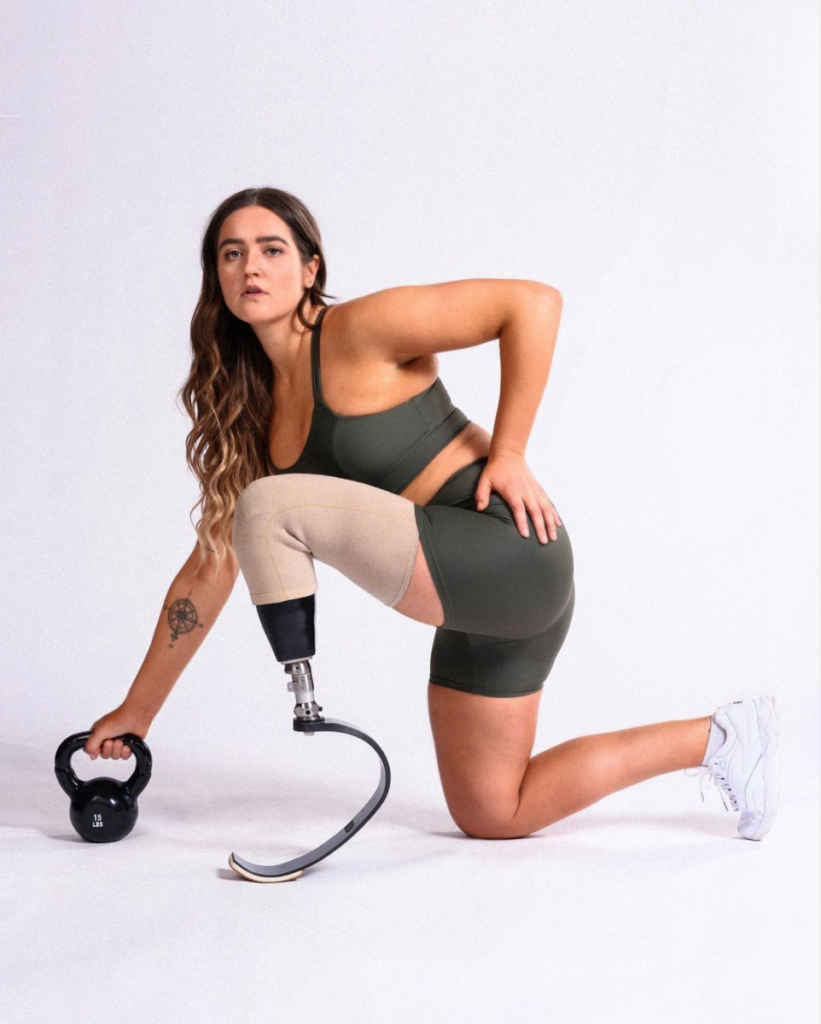
SE: What is a common misconception about you or the things you can do?
Allison Lang: A common misconception about being a leg amputee is that we can’t do a lot of physical activities because we’re assumed to have difficulty walking and/or keeping up. In reality, I can do anything an able-bodied person can do (and sometimes even better). I’ve hiked active volcanoes in Nicaragua, surfed waves in Bali, and sailed from Panama to Colombia. I enjoy proving to people that I can, especially when they make the accusation that I can’t. One of my favorite things is refusing a seat someone offers me on the train when I’m headed to work, I don’t need it — I like standing just like anyone else.
I think more recently, I’ve become more aware of how uncomfortable people are asking about my disability, particularly when they find out I’ve endured a lot of bullying and alienation because of it. I’d prefer to be asked questions and have uncomfortable conversations with people, I believe that’s when beautiful things evolve and change happens.
SE: Were you always interested in sports?
AL: Absolutely! I have my parents to thank for that. When I was born missing my leg they promised each other to raise me as though nothing was different about me, so they put me into swimming lessons as a baby, signed me up for soccer when picking flowers on the field was the main focus, and encouraged me to try skiing on one ski with outriggers (an adaptive sport), which then led me to start snowboarding. My love for sports and my competitive nature guided me to try out for Team Canada’s Women’s Sitting Volleyball team at the age of 16 and I am fortunate to have competed internationally all across the United States, England, and Brazil while representing Canada!
SE: Why is fitness important to you?
AL: Fitness has always been important to me. Not only to be strong but to feel strong. I love to move my body and discover new ways to challenge it. Although, I need to highlight that I used to be obsessed with the number on the scale, but now I focus on how it aids with my mental health.
SE: What makes you feel the most confident in your body?
AL: Dancing in my underwear, hands down. I used to be insecure when I would see my body in the mirror but now I make a habit of spending at least 30 seconds a day shaking my booty to a great pump-up song while looking in the mirror. The more familiar I am with how my body moves, the more confident I’ll feel about it clothed in front of others!
SE: I read an article where it talked about some of the bullying you endured as a kid. How did you learn to be confident and comfortable in your skin despite that treatment?
AL: I was bullied, both mentally and physically, in elementary for having a prosthetic leg. This dehumanization transmitted those negative thoughts and feelings that others had about me onto myself. I actually had to switch schools because the bullying got so bad. When I started at my new school it was like a fresh start for me and I made the decision to hide my leg from others to protect myself. Even on hot days in the summer months, I would wear jeans or tights under my capri-length pants so my legs would look the same color. [In my early 20s] I made the dedication to work on my confidence once I realized that I have one life to live and that life is for me, so would I rather live it and enjoy it and spend my time worrying about the thoughts of others.
I haven’t shared this story with anyone yet but now seems like a fighting time. I used to obsessively get my prosthetic legs built and designed to look as close to my real leg as possible. I never wanted people to be able to notice, for the most part, it looked like I was wearing a knee brace from a distance. In July 2020, my roommate and I tested positive for COVID and had to follow each other’s isolation which equaled a whole month in quarantine. July is Disability Pride Month and during my time locked up inside I spent my time reading about disability, diversity, and inclusion. This inspired me to take a knife to my prosthetic leg to remove the foam and skin to expose the post of my prosthetic to give it the unfinished look. I feel once I fully embraced my biggest insecurity by bringing attention to it, it made me accept it even more. In all honesty, I feel like a total unique badass now.
SE: What is your motto?
AL: I like to say that your obstacle is your opportunity. My obstacle being my disability gives me the opportunity to educate others about accessibility and inclusivity. I want to thank The War Amps CHAMP Program of Canada, a non-profit, for raising money to help fund prosthetic limbs for child amputees. Without them, I would not have been able to try out and participate in so many different sports or adventures throughout my life.
Mina Gerges
Mina Gerges is an Egyptian plus-size model and actor. He’s an advocate for self-love, body confidence, and self-expression. He’s modeled for brands like Calvin Klein and Sephora and has been featured in publications worldwide including Teen Vogue, PAPER, and Out Magazine. In 2015, his Instagram recreations of celebrity red carpet looks went viral when Buzzfeed ran an article on his account. Here we talk about how internet virality impacted him and how he normalizes having off days.
SE: Did your relationship with your body change after Buzzfeed picked up your images?
Mina Gerges: Having a lot of online attention from people meant being subjected to a lot of unwarranted and rude opinions about my body, which began to negatively impact my confidence and body image. Going viral meant people stopped seeing me as a real human and would leave the cruelest comments about my body on my posts. It was a constant stream of negativity about my weight, my body hair, and my sexuality and it got to the point where I felt so broken by people’s body shaming that I stopped leaving my house except to go to my university classes. I hated being in public because I believed people’s comments about me to be true. At a certain point, I couldn’t look in the mirror without visualizing people’s mean comments in front of my reflection.
Q: Were you a confident child?
MG: I definitely wasn’t a confident child. In fact, my weight was always a topic of conversation — a “problem” that needed to be fixed — throughout my entire childhood and teenage years. I was put on a diet when I was around 7 or 8 years old and was consistently forced to go on these diets until my late teens. It painted a picture that my weight and my body were a problem and that I couldn’t live my life without prioritizing weight loss as my purpose.
SE: When do you feel most at home in your body?
MG: Strangely, I feel the most confident when I’m at a photoshoot or creating body positive content. It feels so liberating and affirming to create the types of images I always needed growing up, and it genuinely makes me feel so confident and at home in my body.
SE: Why do you think people are able to connect with your images?
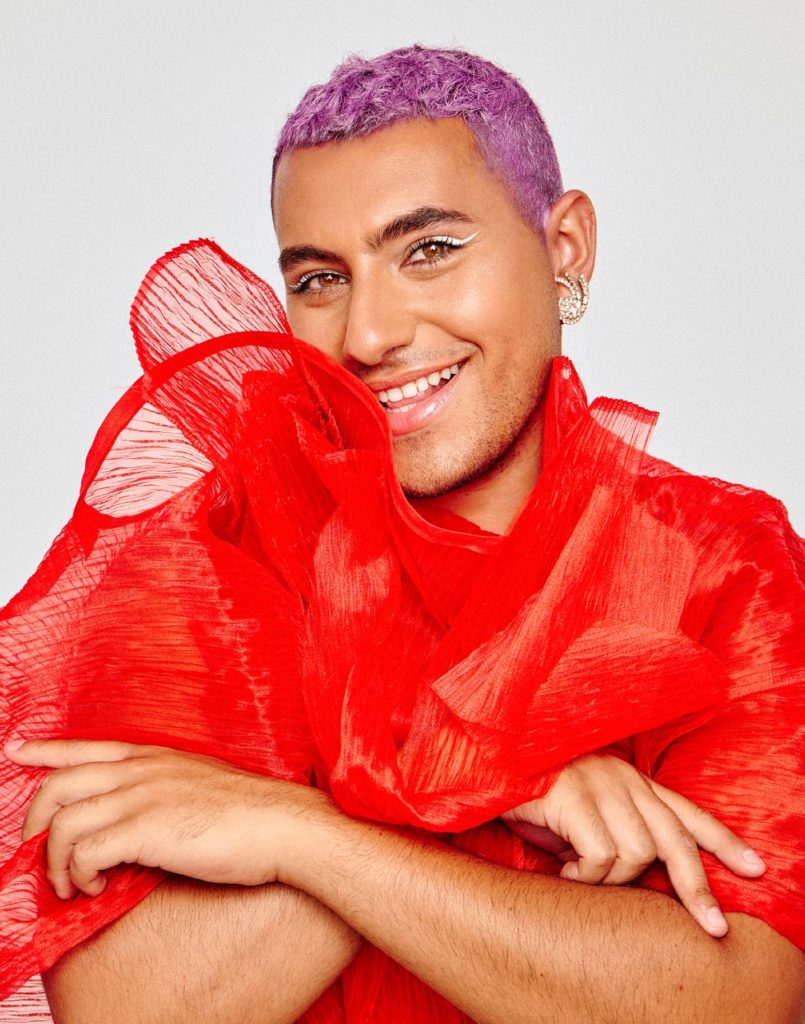
MG: I think the majority of men nowadays recognize that our body image is negatively impacted by how mainstream media portrays male bodies. We only see images of thin and muscular men, and rarely see images of normal bodies or plus-size bodies, which is incredibly frustrating. It sends the message that men are only supposed to feel confident or to like their bodies when they’re thin and muscular. We’ve also normalized things like diet culture and being ashamed of talking about our mental health, and it feeds into a culture of toxic masculinity. I think my work resonates with people because it directly challenges all these toxic ideas about masculinity and unattainable beauty standards that we’ve been forced to believe for too long. I think this idea of redefining outdated beauty standards shows people that they deserve to be confident and to love their bodies and encourages them to talk about their experiences with body image.
SE: Why was it important to you to be a part of The BodCon?
MG: It’s really important to share the experiences of the communities I represent and continue to challenge these perceptions about men who experience eating disorders and body image issues. I love being able to talk about my experience, advocate for others like me, and also let other people like me know they’re not alone in their experiences. It’s also really important for me to talk about the intersection of body image with race and my queerness, and I think it helps a lot of people like me feel seen in this conversation.
SE: How do you feel confident when you’re having an off or a down day?
MG: The most helpful thing I’ve learned is that it’s okay to have off days and to normalize that my relationship with my body will naturally come with its ups and downs. That understanding has helped me realize that what I’m going through is a normal thing and that I’ll get through it. It’s also been really helpful for me to completely disconnect from everyone and everything around me. Being online so much, and now more than ever because of the pandemic, I recognize that a big part of self-care means grounding myself in the moment.
Alex Dacy
Alex Dacy is a disabled content creator dedicated to disabled body representation, disability justice, and body confidence. She shares her life with her over 120,000 followers while dispelling myths about what it means to be disabled. Here we talk about common misconceptions about disabled people, some of Alex’s favorite beauty products, and more.
SE: What is a misconception people have about you or your abilities?
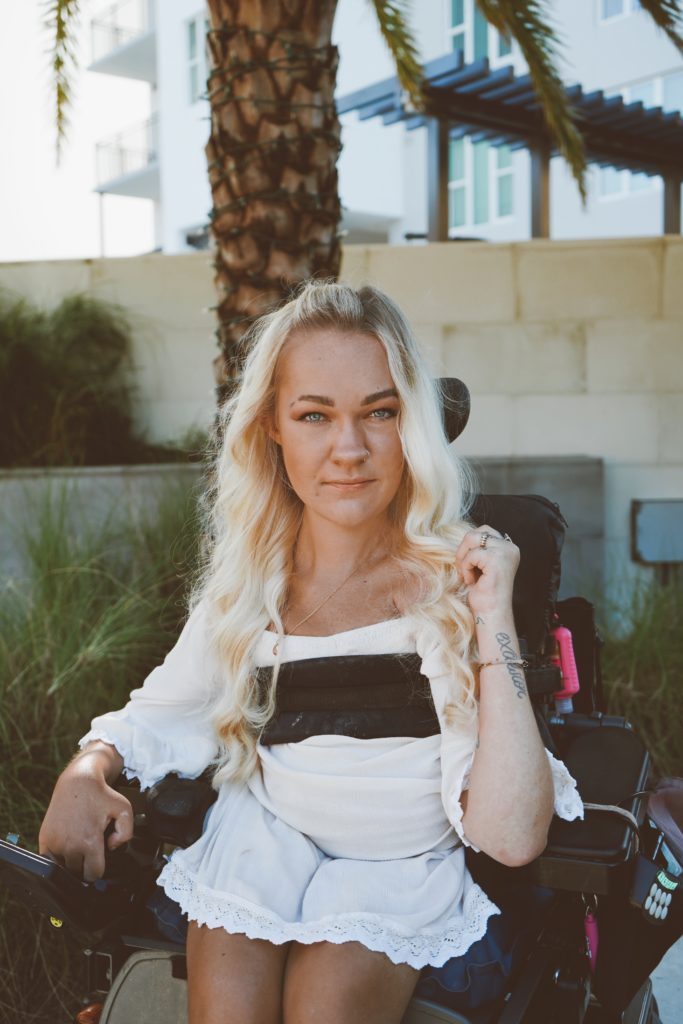
AD: As far as disability misconceptions — the list is endless! One of the most common ones is that I’m not sexually active. Disability and intimacy are hardly ever portrayed by the media and when disability is represented, it’s in a non-authentic way that plays into the abled-gaze (what nondisabled folks believe the disabled experience is) — typically layered with pity, misfortune, and suffering — which is far from the truth.
There’s also a common misconception that I’m in pain, suffering, or am displeased with my body due to my disability. Disabled bodies are not inherently flawed or “imperfect.” They’re just a state of being as any other body. Ability or lack thereof does not negate worth or value. The focus needs to be shifted from seeing disabled people as inspirational for loving what society deems as a “broken” body to showing up for disabled folks in a real way by fixing the things that aid in devaluing disabled bodies such as accessibility, representation, poverty, etc.
I think my Instagram connects with so many people because I provide a lot of education not only about disability but about body confidence and the intersection of those two things. People want to learn. People want to see minorities and marginalized bodies being represented. People want to see something different.
SE: What strategies do you use to feel confident and sexy on days when you’re feeling down?
AD: Doing a sexy disabled body lingerie photoshoot always makes me feel incredibly confident if I’m having a low body image day. Also, just giving myself space to feel what I’m feeling — even if it’s negative. Toxic positivity is the idea that disabled folks must appear as a pillar of strength at all times so we can motivate those who are not disabled. Feeling positive all the time is unhealthy for anyone. We are humans and being human comes with feelings! Letting yourself lean into your feelings is essential to self-love and growth work.
SE: What are some of your favorite beauty products?
AD: I LOVE both makeup and skincare. This year especially, I’ve dived into one too many YouTube makeup tutorial black holes. I have so many favorite beauty products but to name a few, I love Bare Minerals — I’ve been using BM since I first started experimenting with makeup as a teen and my mom gifted me their first set for Christmas over 10 years ago. I also love Fenty Beauty, benefit, and too many more brands to name!




